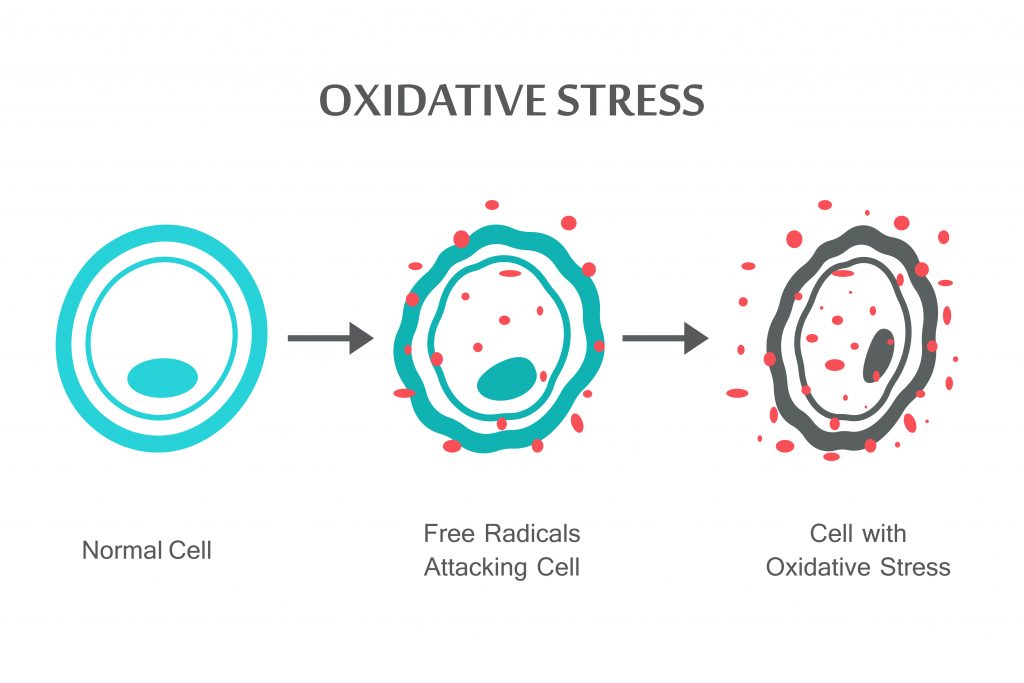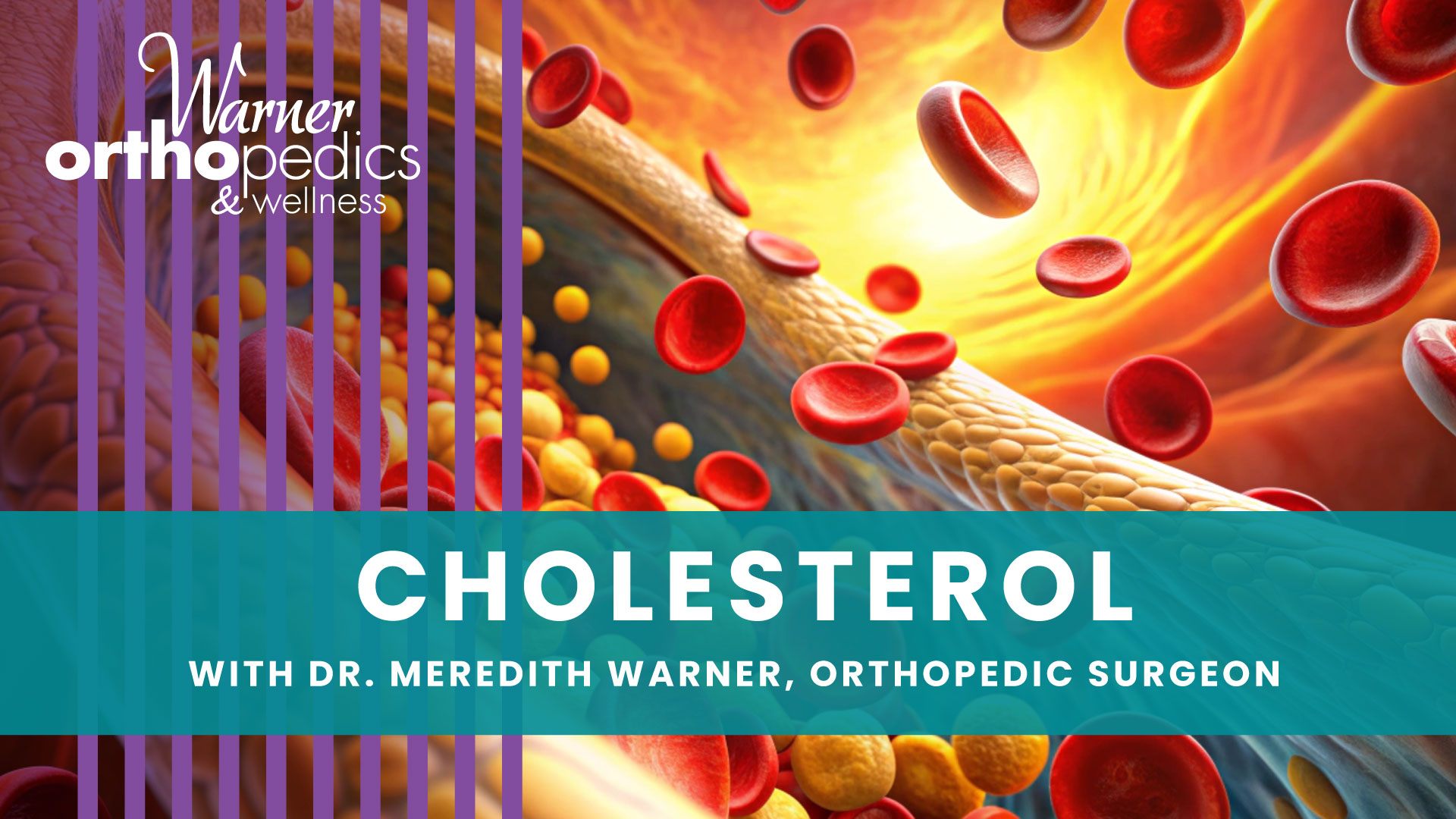What Does Oxidative Stress Feel Like? Look For These Symptoms

What Can Oxidative Stress Lead To?
Dr. Warner sees patients regularly that are suffering the long-term effects of oxidative stress. It often goes unchecked until serious symptoms or conditions appear.
Oxidative stress refers to the imbalance between reactive oxygen species, commonly referred to as free radicals, and the amount of antioxidants available to neutralize them.

Free radicals are lacking the correct number of electrons in their outer shells of the atomic structure, and are therefore unstable. They’ll scavenge for other atoms to bond with, but in the process can cause cell damage and death. Antioxidants are able to lend electrons to the free radicals, preventing them from causing further damage. Basically, an antioxidant will share an electron with a free radical and neutralize it. There is another type of antioxidant and that is an enzyme. These will actually use a reaction to change a free radical to a more neutral substance.
If you don’t have enough of your natural antioxidants, like Coenzyme Q10 (CoQ10), then the damage caused to your cells can trigger an inflammatory response from your immune system. As you continue to live with oxidative stress and chronic inflammation, your risk for noncommunicable diseases increases.
Examples of diseases caused by oxidative stress include:
- Cancer
- Arthritis
- Diabetes
- Parkinson’s
- Alzheimer’s
- Cardiovascular Disease
Symptoms Of Oxidative Stress
Before you develop these diseases though, you’ll likely experience more mild symptoms of oxidative stress.
Oxidative stress can also lead to more common associations with aging, like gray hair, wrinkles, and decreased eyesight. It makes sense that our bodies begin showing these signs later in life, because as we get older, our natural antioxidant numbers decrease dramatically. Stiffness and discomfort associated with connective tissues is also a sign.

You should also look out for other symptoms like frequent headaches and sensitivity to noise, fatigue, memory loss, brain fog, muscle or joint pain, and susceptibility to infections.
You can lower your levels of oxidative stress by eating a healthy diet focused on whole foods, as opposed to processed food, living an active lifestyle, and ensuring you get enough antioxidants to support your body’s natural processes.
Dr. Warner’s Favorite Antioxidant Supplements For Lowering Oxidative Stress
Dr. Warner’s CoQ10 Plus Gummies were made to supplement your decreasing levels of the body’s naturally occurring antioxidant CoQ10. These gummies combine CoQ10 with Tart Cherry Extract and Chaga Mushrooms in order to lower oxidative stress and reduce inflammation. Taking a CoQ10 supplement can also decrease muscle pain associated with taking statins.
Resveratrol, an antioxidant supplement found in Dr. Warner’s Longevity Series, focuses on optimal aging at the cellular level. This compound is anti-inflammatory and activates your AMPK production, which boosts cellular energy while increasing mitochondrial health. It also activates your Sirtuin proteins, which control your stress response, regulate your metabolism, and your aging process.
Tart Cherry Extract is not only a part of the Well Theory CoQ10 Plus Gummies, but it’s also available in a single-ingredient capsule. It’s a powerful antioxidant and its benefits rival that of NSAIDs without the side effects. It’s a mild supplement that Dr. Warner frequently recommends her patients.





